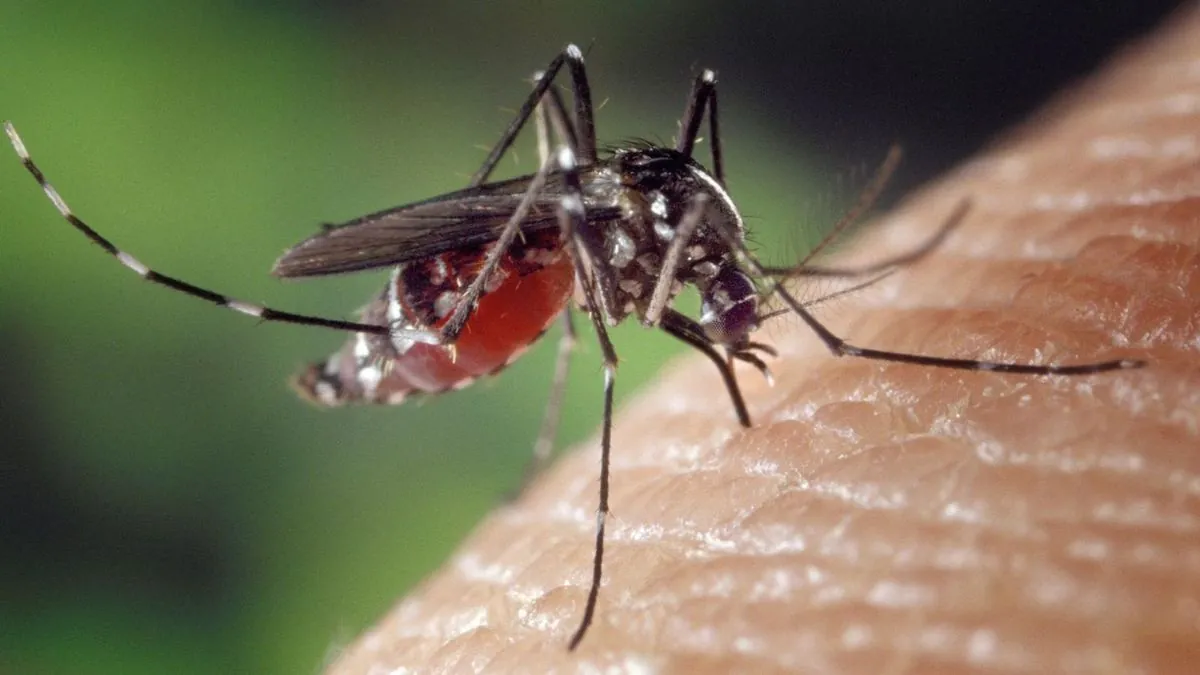UK Faces Rising Threat from Climate-Driven Insect Migrations
Climate change is enabling disease-carrying insects to migrate to the UK, prompting government scientists to invest in research. Threats include tiger mosquitoes, ticks, and beetles affecting spruce trees.

Climate change is facilitating the migration of disease-carrying insects from Europe to the United Kingdom, according to government scientists. These pests, previously confined to warmer Mediterranean regions, are now able to survive in northern Europe and cross the Channel via wind currents or transportation methods such as ferries and trains.
The UK government is allocating substantial funds to address the influx of foreign species. Scientists from various fields, including plant, animal, and human health, are collaborating to tackle this emerging issue. The UK Health Security Agency (UKHSA) is particularly concerned about the potential spread of dengue fever, carried by the Aedes aegypti mosquito, which is becoming more prevalent in northern France.

Climate models suggest that much of the UK will become suitable for the tiger mosquito in the near future. Dr Isabel Oliver, chief scientific officer at UKHSA, stated:
"The majority of illness and deaths caused by mosquito-borne diseases occur in the tropics. However, there is an increasing risk posed by mosquitoes invasive to the UK."
The UKHSA has implemented a surveillance program in southern England to monitor for signs of the tiger mosquito. Other diseases under close observation include tick-borne encephalitis, Lyme disease, West Nile virus, chikungunya virus, and malaria.
The UK's flora and fauna are also at risk from invasive species. The spruce bark beetle, Ips typographus, poses a significant threat to native spruce trees. Professor Nicola Spence, the UK's chief plant health officer at DEFRA, emphasized the difficulty in preventing the beetle's arrival due to wind-driven dispersal.
Veterinarians are preparing for potential outbreaks of bluetongue, a virus affecting farm animals such as cattle and sheep. The disease is spread by midges belonging to the Culicoides species and can infect various ruminants, including deer and llamas.
Ele Brown, the UK deputy chief veterinary officer, highlighted the growing threat of vector-borne diseases due to climate change:
"Climate change, in the form of warmer summer temperatures and milder wetter winters, could increase the abundance of the native mosquito populations, prolong the active vector season and enable invasive mosquito species to establish in the UK and increase their ability to transmit diseases."
To address these challenges, the UK government and research institutions are investing over £7 million in research projects aimed at improving forecasting, understanding, and mitigating vector-borne disease threats to both animals and humans.


































